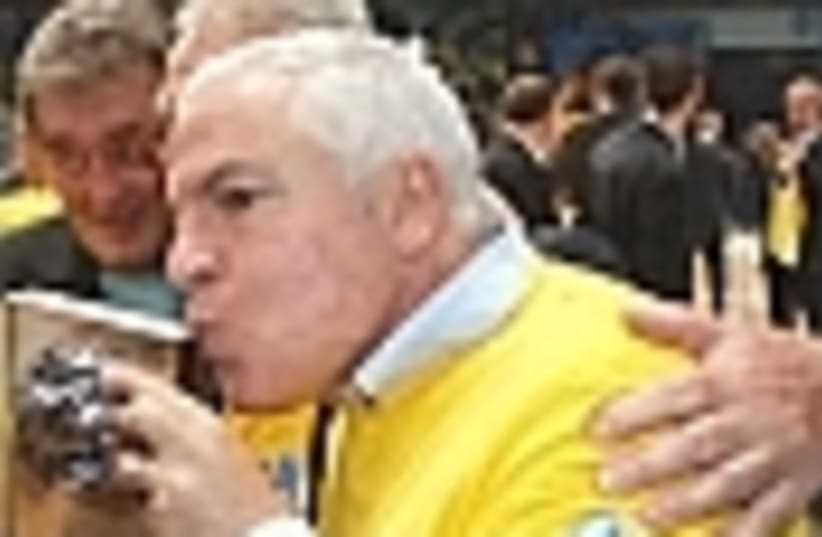| More about: | North America, Anthony Parker, Boston University, Toronto Raptors |
Unsportsmanlike conduct
Pini Gershon keeps putting his foot in his mouth. But as long as he keeps winning championships, no one seems to care.


| More about: | North America, Anthony Parker, Boston University, Toronto Raptors |